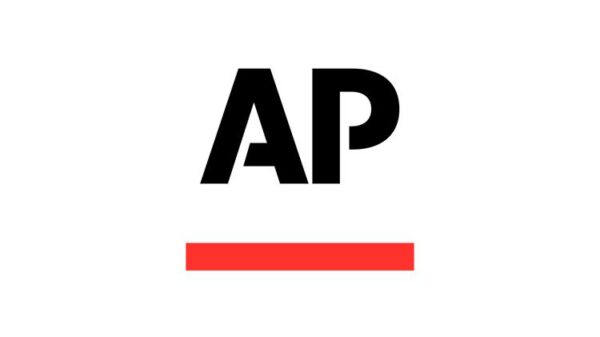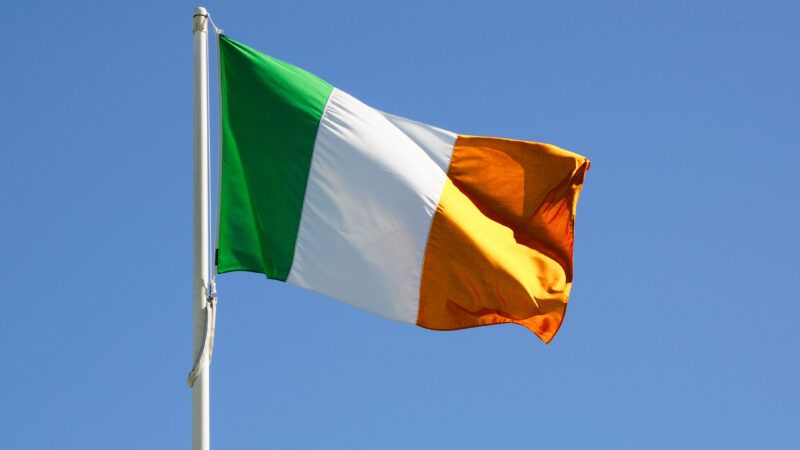In Ireland, Justice Minister Jim O’Callaghan has issued a warning against using the Irish flag to intimidate migrants or to imply that certain areas belong solely to indigenous Irish citizens. His remarks come at a time when the Dublin City Council is addressing complaints about the flag being displayed in public spaces, raising concerns about its potential misuse.
O’Callaghan’s statement highlights a growing tension surrounding national identity and the treatment of migrants within Ireland. He emphasized that the flag should symbolize unity and pride, not exclusion. The Minister’s concerns reflect broader societal issues as the country grapples with increasing numbers of migrants and the complexities of integration.
The Dublin City Council has taken a proactive approach by seeking assistance from national police regarding the flag’s display in public areas. This move indicates the local government’s commitment to maintaining public order and ensuring that national symbols are not weaponized for divisive purposes. Officials are evaluating reports from citizens who have expressed discomfort over the flag’s use in contexts perceived as threatening or hostile.
The flag has long been a powerful emblem in Ireland, representing the nation’s history and culture. However, its appropriation for purposes of intimidation raises critical questions about how symbols can be interpreted differently in a multicultural society. O’Callaghan’s intervention aims to reaffirm the flag’s intended meaning as a symbol of inclusivity.
As discussions continue, the situation highlights the delicate balance between national pride and the responsibilities that come with it, particularly in a country that is becoming increasingly diverse. The Minister’s call for responsible use of national symbols resonates with many advocates for both migrant rights and national unity.
Ireland’s journey towards a more inclusive society remains a significant topic as policymakers and community leaders navigate these challenges. The ongoing dialogue about the Irish flag’s symbolism may serve as a catalyst for deeper discussions on identity and belonging in modern Ireland.





































































